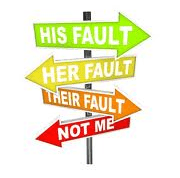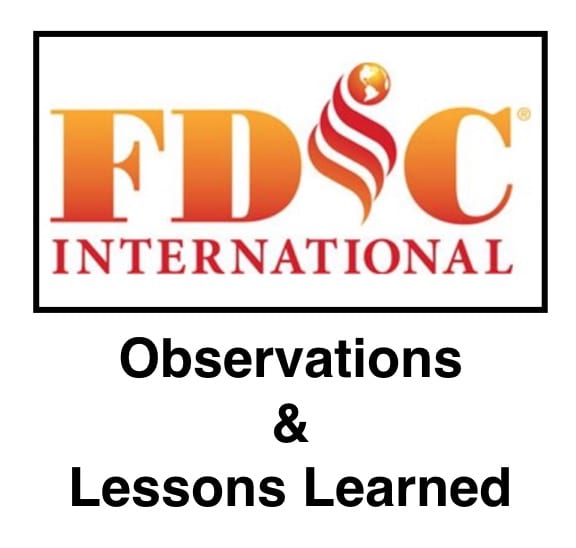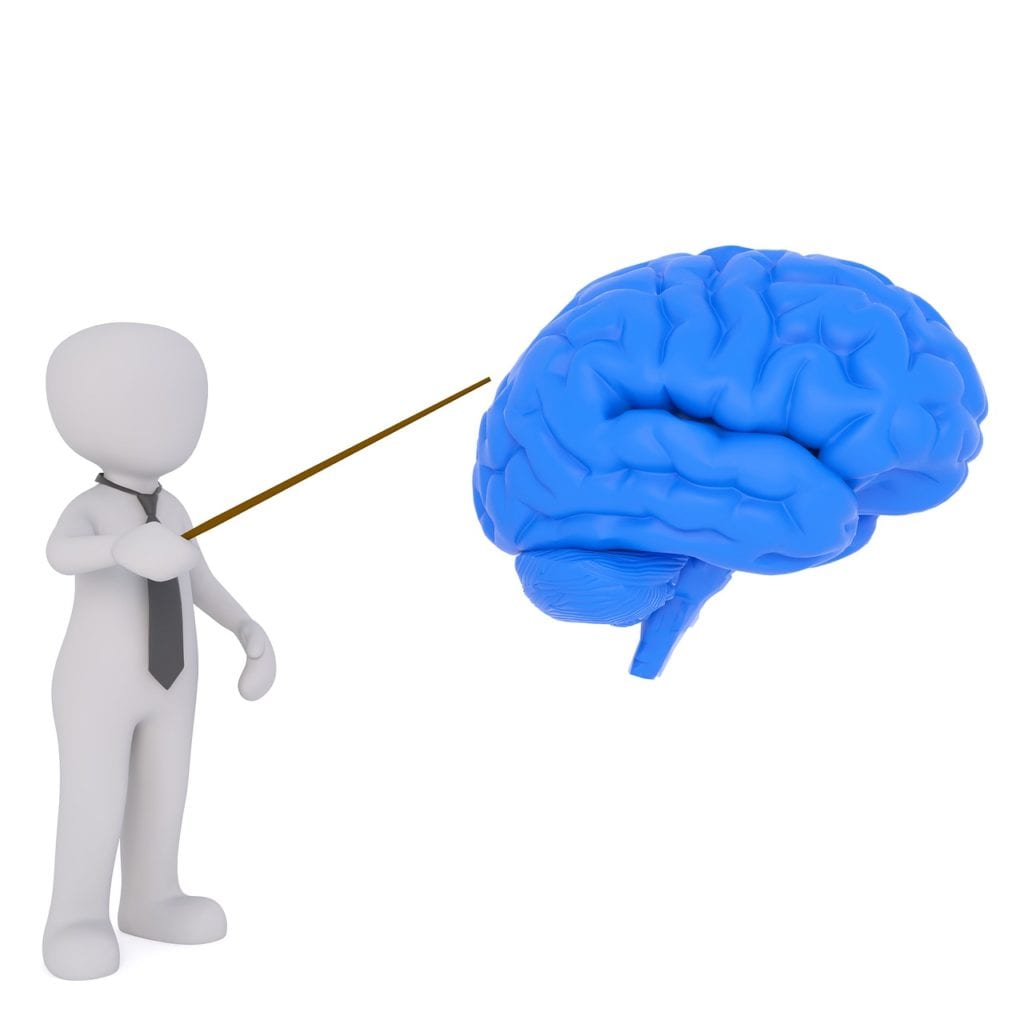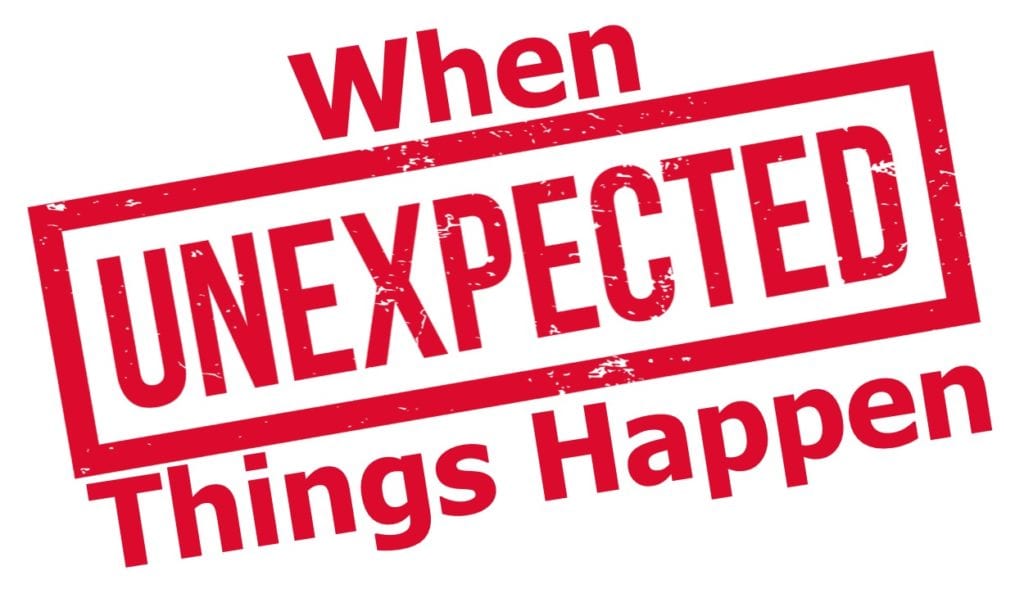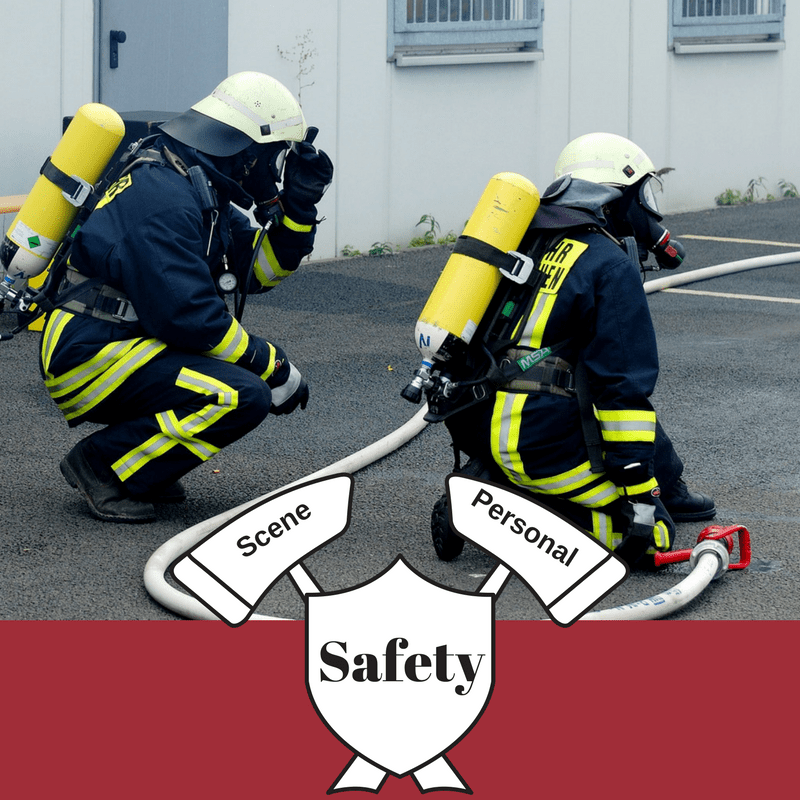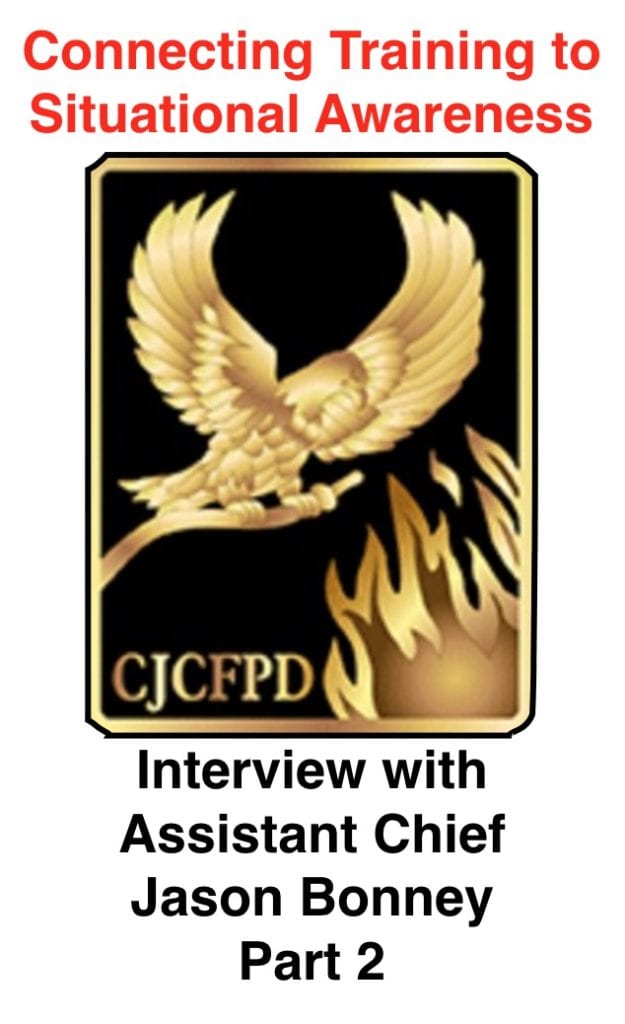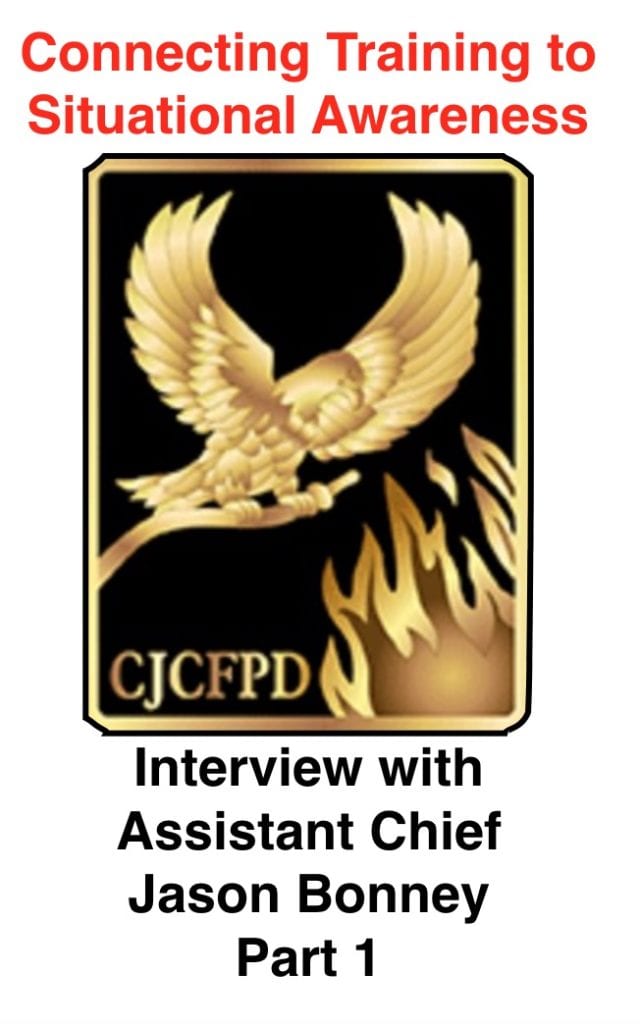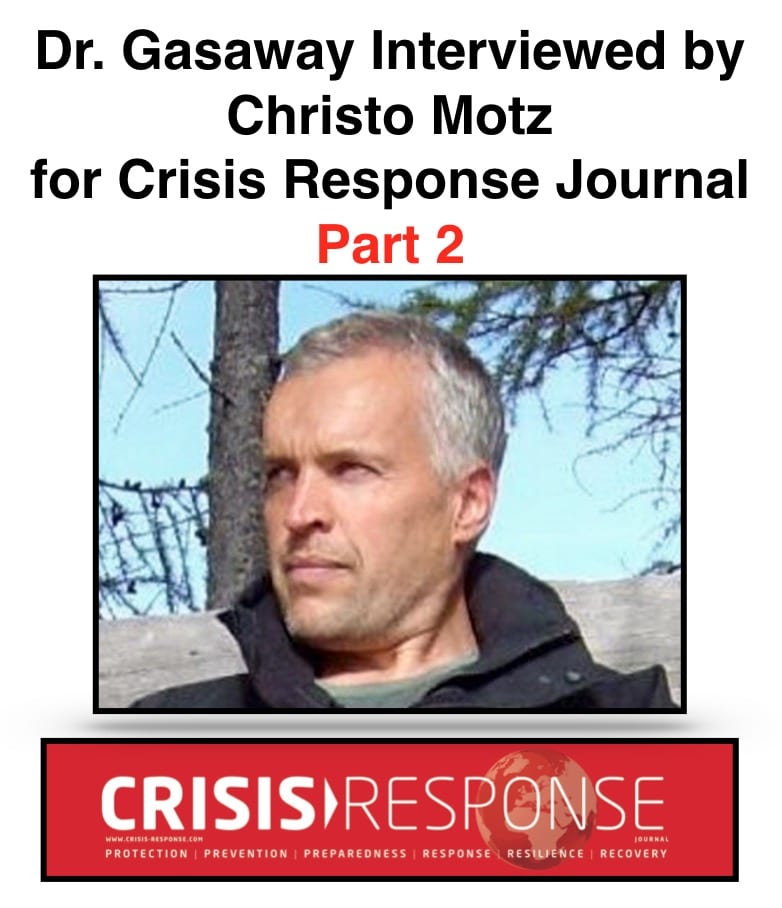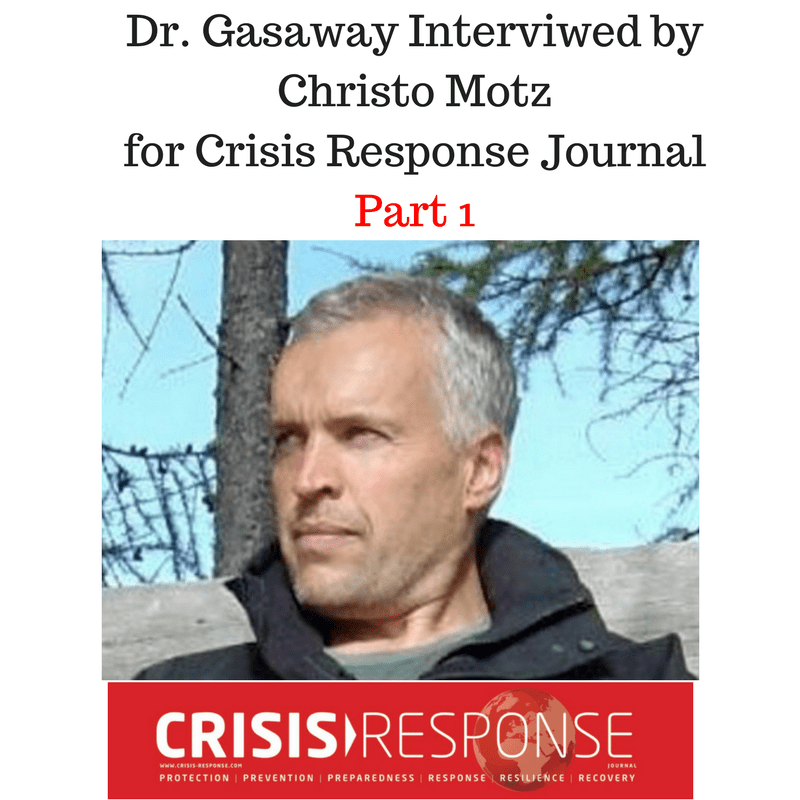Locus of Control
Locus of control is a psychological principal that refers to the extent to which a person feels they are in control of the events that can affect their life, well-being or success. It is often associated with how a person views what happens to them in life and who is responsible for their successes and […]

